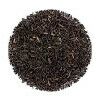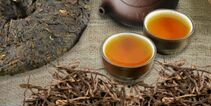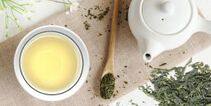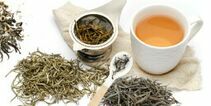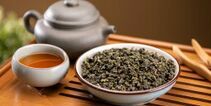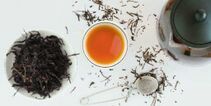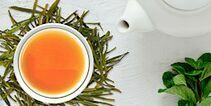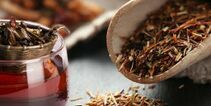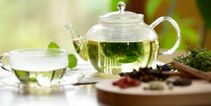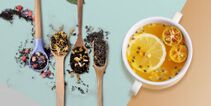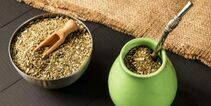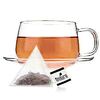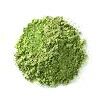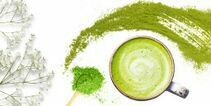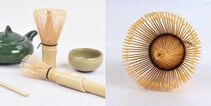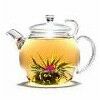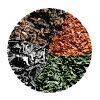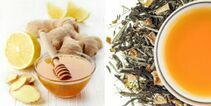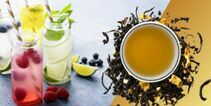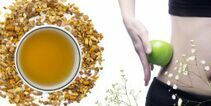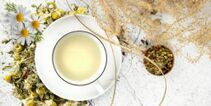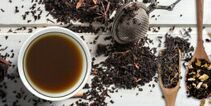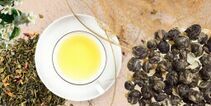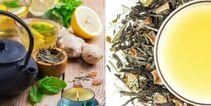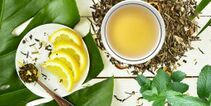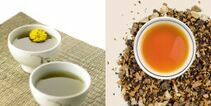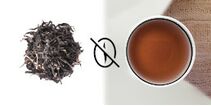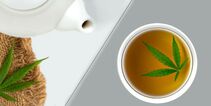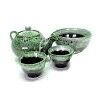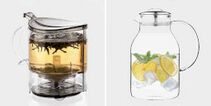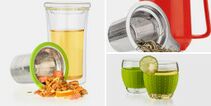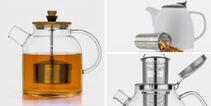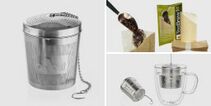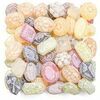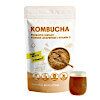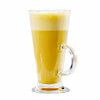Tea or coffee, which is better
Tea or coffee? Today it's hard to imagine working without coffee, which helps us wake up in the morning and keeps us awake during the day. You drink a lot of coffee, don't you? Do you sometimes get a headache after another cup of coffee, or do you feel jittery and exhausted?
How do you feel if, for example, you go a whole day without a single sip of coffee? Perhaps depression and irritability?
The thing is that the systematic use of coffee exhausts the nerve cells of the body and creates an addiction. Symptoms of coffee addiction:
- fatigue;
- drowsiness;
- pain in the temples;
- irritability;
- depression;
- pain in the muscles.
Coffee also prevents the normal absorption of calcium, magnesium, sodium, B vitamins.
And this, in turn, causes serious problems: the lack of calcium destroys bone tissue, deteriorates teeth, develops osteochondrosis, there is pain in the back and neck, as well as memory problems because of the impaired blood supply to the brain.
Chinese tea, on the other hand, energizes you with vitamins and nutrients. Of course, we've all heard the story that tea contains more caffeine than coffee. This is true - dried Chinese tea contains even more caffeine than dried coffee, but now the interesting thing is what the coffee producers are keeping quiet about.
Tea or coffee with more caffeine
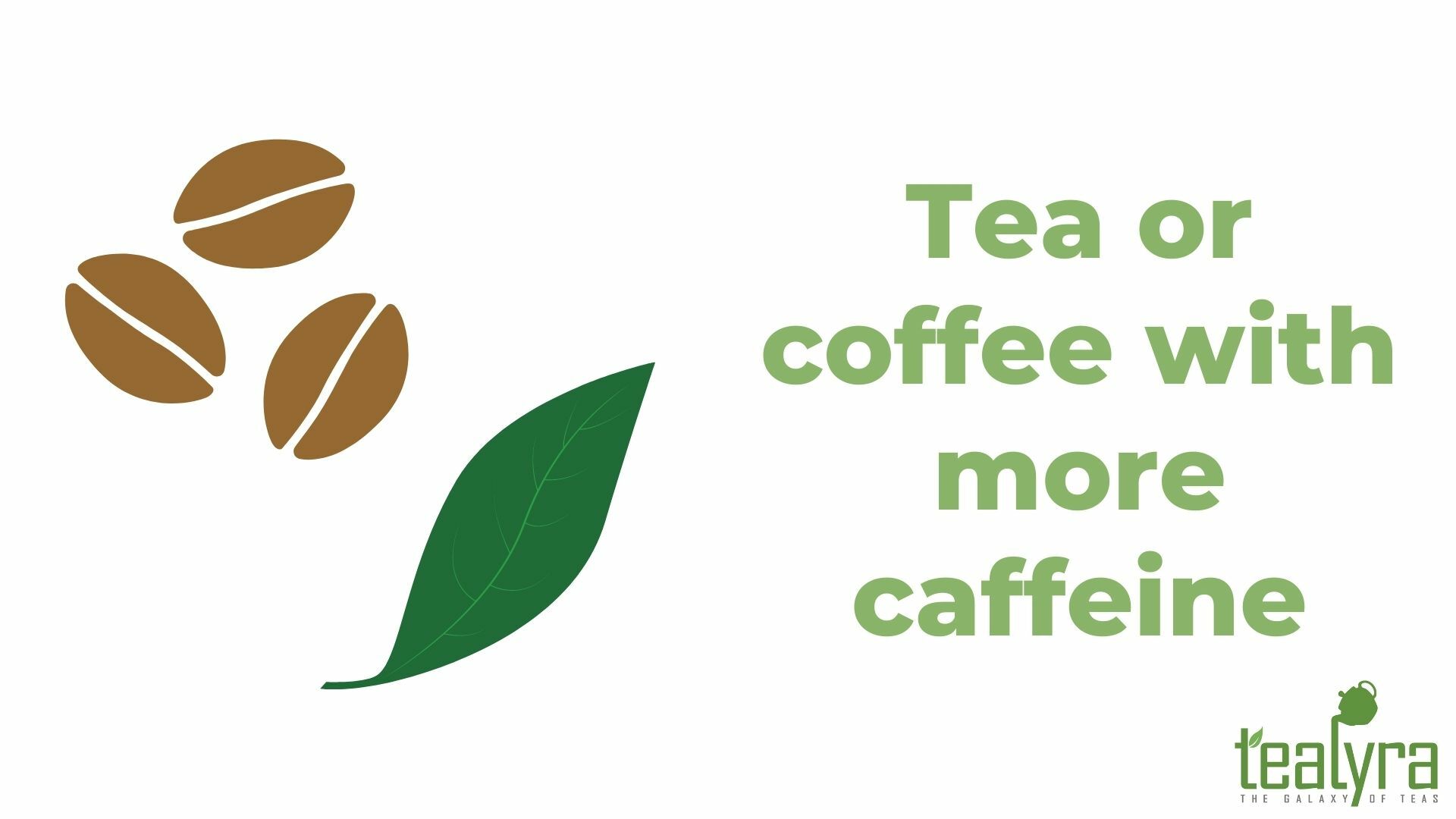
- When brewed, coffee contains 6-10 times more caffeine than the same amount of brewed tea. In other words, to get a similar dose of caffeine from tea, you need to drink not one cup of tea, but 6-10.
- Tea contains caffeine of an entirely different order; it is tea caffeine, thein, which belongs to a group of beneficial plant alkaloids. Chinese tea also contains the alkaloids theobromine, theophylline, and L-theanine. L-theanine has tannin-neutralizing properties. Therefore the theine in combination with L-theanine is delicate and harmless, but it noticeably stimulates brain activity and improves the mood. By the way, L-theanine is also sold in pills for depression.
So, tea thein expands the walls of blood vessels, activates oxygen metabolism in cells, and improves muscle tone without increasing heart rate and blood pressure. Thein, along with plant phenolic compounds, controls harmful cholesterol levels in the blood and does not allow them to rise.
- 70-80% of tea caffeine is found in the first brew. The first tea water of Chinese tea is always drained according to tea-drinking rules. This is done in order to wash away tea dust, "revive" the leaf, and bring out its aroma. Accordingly, 70-80% of the tea is washed out with the first tea water. Want to know how to choose a quality Chinese tea?
Tea or coffee, which is healthier
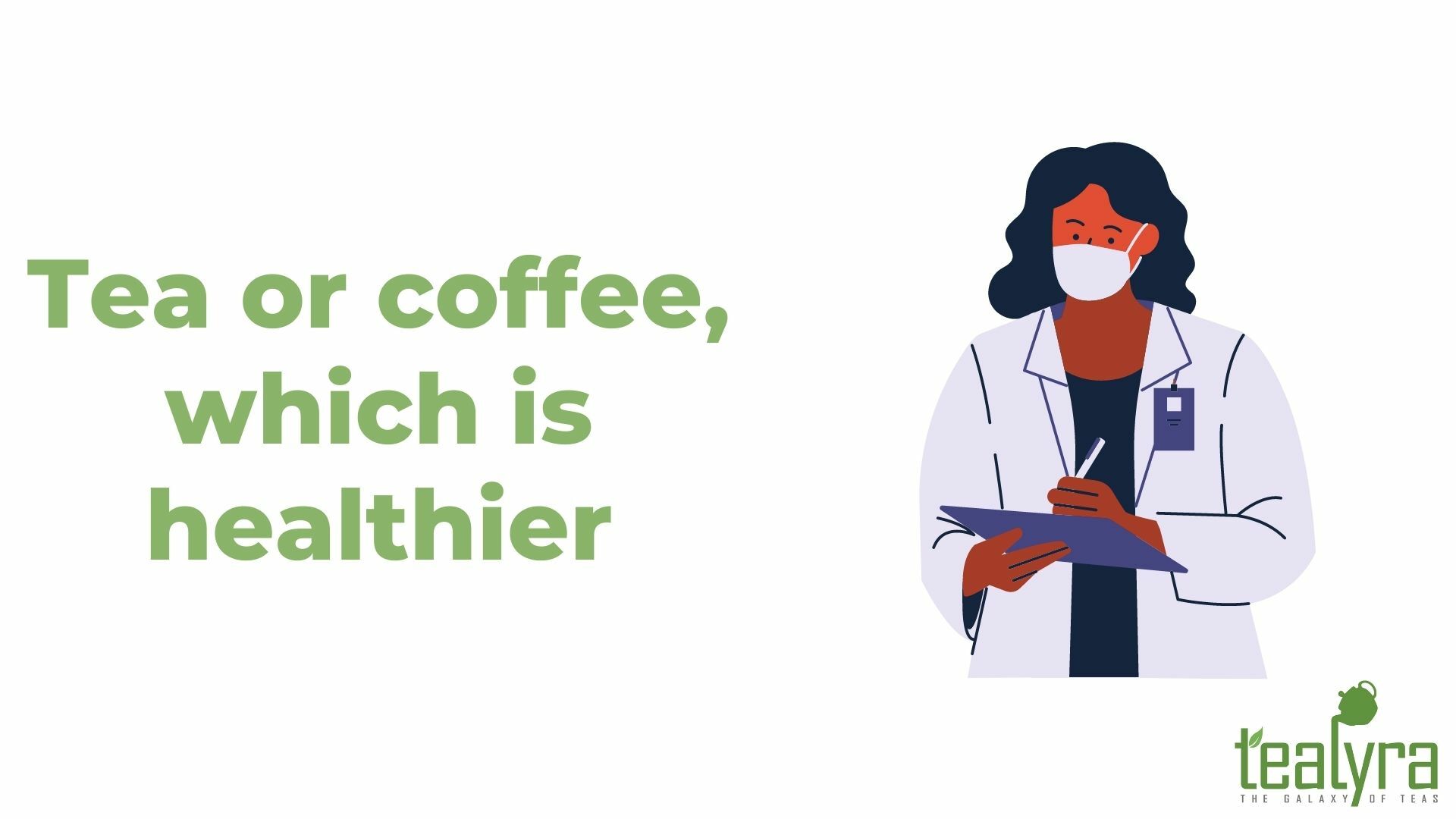
The array of beneficial amino acids, vitamins, and trace elements contained in Chinese tea helps maintain normal metabolism as well as the health of internal organ cells. For example, Puerh leaf tea contains more than 30 useful phenolic compounds such as catechins, phenolic acids, anthocyanidins, flavonoids, polyphenols. These are antioxidants with anti-cancer and antibacterial properties.
Fermented whole leaf Chinese teas (puerh, oolong, red tea, etc.) contain even more useful substances due to their easier release from the leaf membrane into the infusion. Some kinds of Chinese tea contain over 400 hundred useful substances and compounds! Can you imagine? That's the wisdom and care of Mother Nature.
Including Chinese tea in your daily diet, you will not only feel a gradual improvement in health, but also will significantly increase your own productivity thanks to the positive effect of Chinese tea on the body and mental processes. It's no secret that good Chinese tea "intoxicates with its sobriety", clarifies and sharpens the mind. The phenolic compounds, amino acids, essential oils and tannins released in the brewing process activate brain activity.
What's better to drink at work, tea or coffee?

Replacing coffee with good Chinese tea during the workday inevitably leads to increased productivity, improved well-being, and improved immunity. Chinese tea is a wonderful and tasty addition during the working day, business negotiations and brainstorming sessions. Here is a brief list of the positive effects of Chinese tea:
- Increases overall productivity;
- Helps you focus your attention on key tasks;
- Helps you achieve a state of "flow" in your work;
- Facilitates negotiations with business partners and clients;
- Streamlines, clarifies thoughts and stimulates creativity;
- Increases stress resistance and relieves overstrain.
By the way, in the workplace it is not necessary to have a thermos and other accessories in order to just drink tea. It is enough to have handy utensils, such as glass flasks or cups.
By the way, we regularly order and try many kinds of Chinese tea and select only the best value for money. We choose only that tea which gives positive emotions, strengthens health and increases efficiency. If you want to try real tea, welcome to our store.

